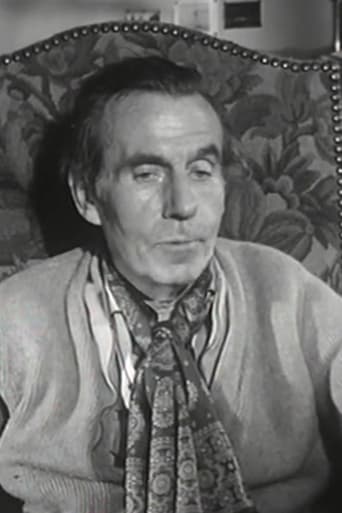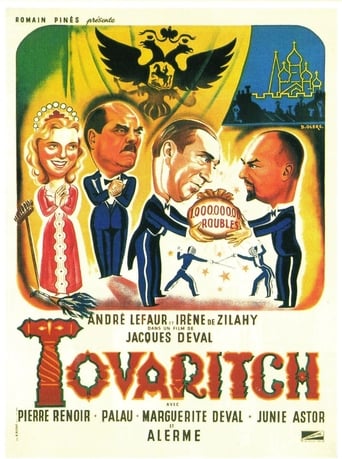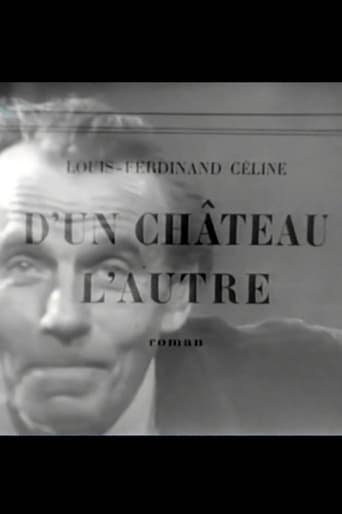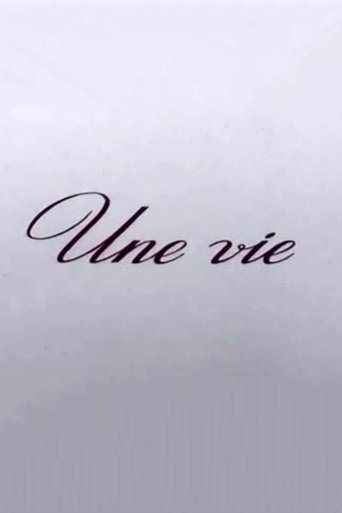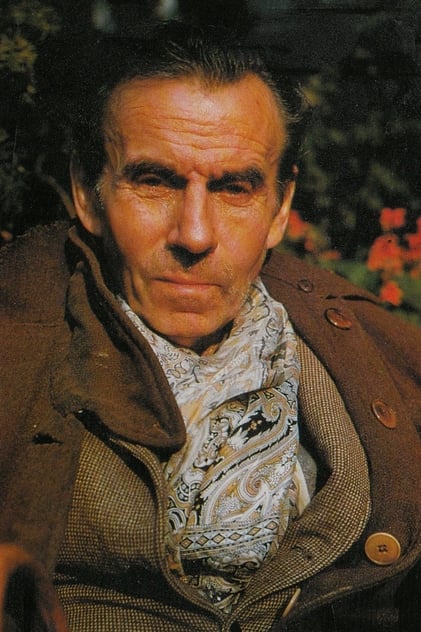
Louis-Ferdinand Céline
Louis Ferdinand Auguste Destouches (27 May 1894 – 1 July 1961), better known by the pen name Louis-Ferdinand Céline, was a French novelist, polemicist, and physician. His first novel Journey to the End of the Night (1932) won the Prix Renaudot but divided critics due to the author's pessimistic depiction of the human condition and his writing style based on working class speech. In subsequent novels such as Death on the Installment Plan (1936), Guignol's Band (1944) and Castle to Castle (1957) Céline further developed an innovative and distinctive literary style. Maurice Nadeau wrote: "What Joyce did for the English language...what the surrealists attempted to do for the French language, Céline achieved effortlessly and on a vast scale." From 1937 Céline wrote a series of antisemitic polemical works in which he advocated a military alliance with Nazi Germany. He continued to publicly espouse antisemitic views during the German occupation of France, and after the Allied landing in Normandy in 1944 he fled to Germany and then Denmark where he lived in exile. He was convicted of collaboration by a French court in 1951, but was pardoned by a military tribunal soon after. He returned to France where he resumed his careers as a doctor and author. Céline is widely considered to be one of the greatest French novelists of the 20th century but remains a controversial figure in France due to his antisemitism and activities during the Second World War. The only child of Fernand Destouches and Marguerite-Louise-Céline Guilloux, he was born Louis Ferdinand Auguste Destouches in 1894 at Courbevoie, just outside Paris in the Seine département (now Hauts-de-Seine). The family came originally from Normandy on his father's side and Brittany on his mother's side. His father was a middle manager in an insurance company and his mother owned a boutique where she sold antique lace. In 1905, he was awarded his Certificat d'études, after which he worked as an apprentice and messenger boy in various trades. Between 1908 and 1910, his parents sent him to Germany and England for a year in each country in order to acquire foreign languages for future employment. From the time he left school until the age of eighteen Céline worked in various jobs, leaving or losing them after only short periods of time. He often found himself working for jewellers, first, at eleven, as an errand boy, and later as a salesperson for a local goldsmith. Although he was no longer being formally educated, he bought schoolbooks with the money he earned, and studied by himself. It was around this time that Céline started to want to become a doctor. ... Source: Article "Louis-Ferdinand Céline" from Wikipedia in English, licensed under CC-BY-SA 3.0.
- Titulu: Louis-Ferdinand Céline
- Popularità: 0.555
- Cunnisciutu per: Writing
- Anniversariu: 1894-05-27
- Locu di nascita: Courbevoie, Seine [now Hauts-de-Seine], France
- Homepage:
- Cunnisciutu ancu cum'è: Louis Ferdinand Destouches, Céline

